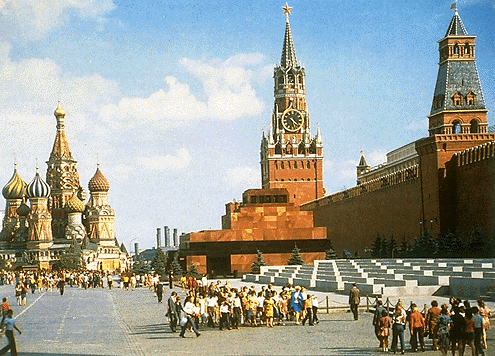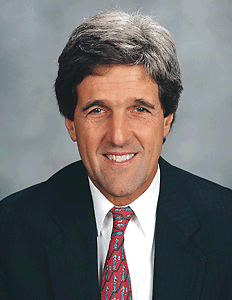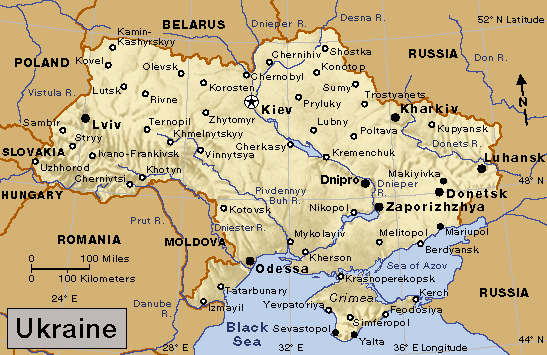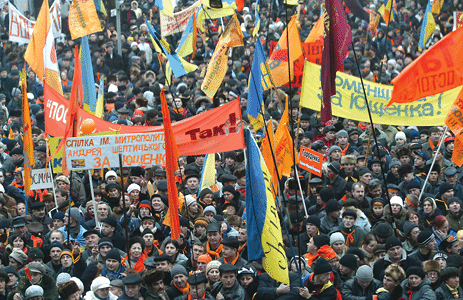Putin Seizes Crimea, Defying World Opinion
Tuesday, March 18th, 2014March 18, 2014
President Vladimir Putin and Crimean leaders, meeting in the Kremlin in Moscow, signed a treaty this morning in which the Russian Federation annexed the strategically important Black Sea peninsula. In a televised speech before both houses of the Russian parliament, President Putin stated, “In the hearts and minds of people, Crimea has always been and remains an inseparable part of Russia.” Putin then declared that he had corrected a “historical injustice.” (Soviet Premier Nikita Khrushchev transferred Crimea to the Soviet Republic of Ukraine in 1954.) Putin went on to speak of the humiliations Russia has suffered with one superpower–the United States–dominating the world. He specifically pointed to the NATO air war in Kosovo in 1999 and the toppling of Libyan leader Mu’ammar al-Qadhafi in 2011. Putin described NATO bombing in Libya as carried out under the false pretense of humanitarian intervention.

Russian President Vladimir Putin and Crimean leaders meeting in the Kremlin signed a treaty this morning that made Crimea part of the Russian Federation. (Superstock)
In the Ukrainian capital, Kiev, the foreign ministry responded to the annexation with the following statement: “We do not recognize and never will recognize the so-called independence or the so-called agreement on Crimea joining the Russian Federation.” France, Germany, and the United States also condemned the Russia-Crimea treaty. In London, British Prime Minister David Cameron stated, “It is completely unacceptable for Russia to use force to change borders on the basis of a sham referendum held at the barrel of a Russian gun.”
Pro-Russian forces took over Crimea late last month after Ukraine’s president, Viktor Yanukovych, was ousted. International affairs experts note that the pretense was to protect Crimea’s Russian-speaking majority, that is, “humanitarian intervention.” The crisis in Ukraine began in November 2013 when Yanukovych abandoned a European Union trade agreement in favor of closer ties to Russia, triggering massive protests in the capital and other cities.
For additional information on the Ukrainian revolution, search Ukraine articles under Archived Stories.
Additional World Book articles:
- Russia in the Post-Soviet World (a special report)
- Kosovo 2008 (a Back in Time article)
- Kosovo 2009 (a Back in Time article)
- Libya 2011 (a Back in Time article)
- Ukraine 1994 (a Back in Time article)





